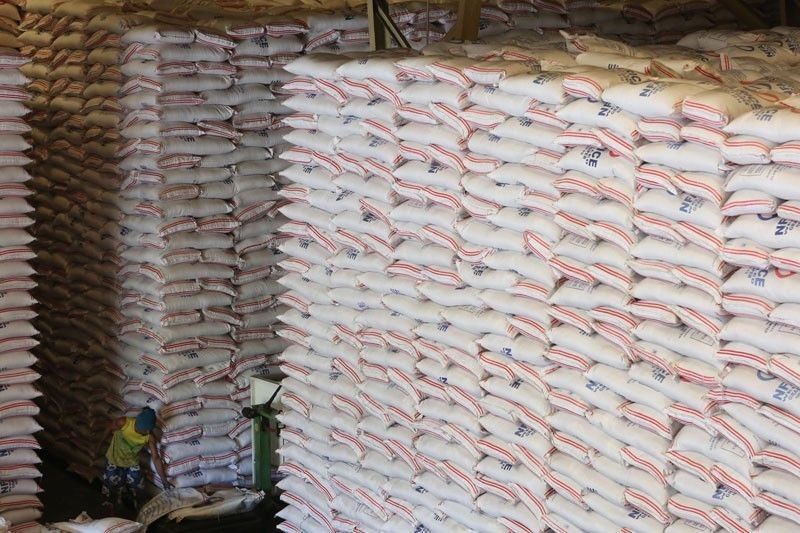Congress urged to amend Rice Tariffication law

MANILA, Philippines — Butil party-list is calling on Congress to defy the Duterte administration’s economic managers and amend the Rice Tariffication law.
In a chance encounter recently, former Butil representative Cecil Chavez said the law has imposed a virtual death sentence on the country’s nearly three million rice farmers.
Chavez said that the sense of the country’s economic managers “is illusory at best because the support to rice farmers have not been well-thought out and are merely palliatives.”
She pointed out, “If you know the history of agriculture, the grandest promises were made after the accession of the Philippines to the World Trade Organization (WTO) in the dying days of 1994.”
Instead of the promised giant leap for agriculture, what took place post-accession to WTO was the opposite: “loss of agricultural jobs, reduction in the gross value added for the agricultural sector and a drop in the competitiveness of the sector.”
The former lawmaker warned against “the grand promises of Congress and the economic managers – post-tariffication – will follow the same horrific path.”
She noted that farmgate prices of newly harvested unhusked rice have dropped to a historic low of about P10 to P12 per kilo in several areas in Nueva Ecija, known as the country’s rice granary, that are “economically untenable for sustained paddy production.”
Chaves pointed out that the embattled small rice farmers are only being given a “band-aid” solution to a real social and economic cancer in the government’s interim assistance program.
She said, “neither the loan of P15,000 payable in eight years and the cash grant of P5,000 per farmer won’t help lift the small rice farmer from his grievous suffering, loss of dignity and uncertain future.”
Chaves has also noted that “the rice technology training is useless in the short- or medium-term given the unprofitable nature of rice farming. The best production know-how will be useless given the depressed prices of palay and the unfavorable production environment.”
She said while the farm mechanization program for farmers is a good program, she asked what will be the use of farm machines if there is no adequate irrigation and other support services.
Regarding the country’s rice importations, Chaves said these “have been carried out in a reckless and unregulated manner, a free-for-all situation that has been taken over by profiteers.”
Sen. Imee Marcos also described as “insensitive and ill-timed” the plan of the Philippine International Trading Corp. to import rice in behalf of local fastfood chains, grocery stores and small supermarkets.
Marcos expressed dismay that a government-owned corporation under the Department of Trade and Industry (DTI) would prioritize imports over local produce when rice farmers nationwide have been selling their harvest at depressed prices or even at a loss.
“The announcement of Secretary (Ramon) Lopez is insensitive and ill-timed. Cheaper imported rice is not worth a breakdown in the livelihood of Filipino rice farmers,” Marcos said.
The DTI chief announced the plan to import rice for select businesses at an international rice conference in Makati earlier this week. He also said that as many as 300 containers could be shipped to the country in the next months.
“We are working on importing rice for certain groups, especially fast food chains. These are depending on traders. PITC (Philippine International Trading Center) will import on behalf of the food chains,” Lopez said.
Lopez said the plan would also be open to smaller groups such as supermarkets that cannot import on their own.
“PITC will not make money, just pay the management fee. This will be our initiative to provide cheaper rice to consumers,” Lopez added.
He added the DTI is conducting its own investigation to determine the cause of the huge gap between farmgate price of palay and retail price of rice.
Marcos questioned the intent of the plan apparently designed to prioritize foreign goods over the produce of fellow Filipinos.
Many farmers are complaining about the low prices of palay, which some quarters attributed to the newly enacted Rice Tariffication Law.
“Where is our conscience and what got into the heads of these businessmen who choose foreign goods over our very own at a time of crisis?” Marcos asked.
“Have pity on our rice farmers who could hardly make a living. Just drop it!” Marcos fumed.
- Latest
- Trending
































